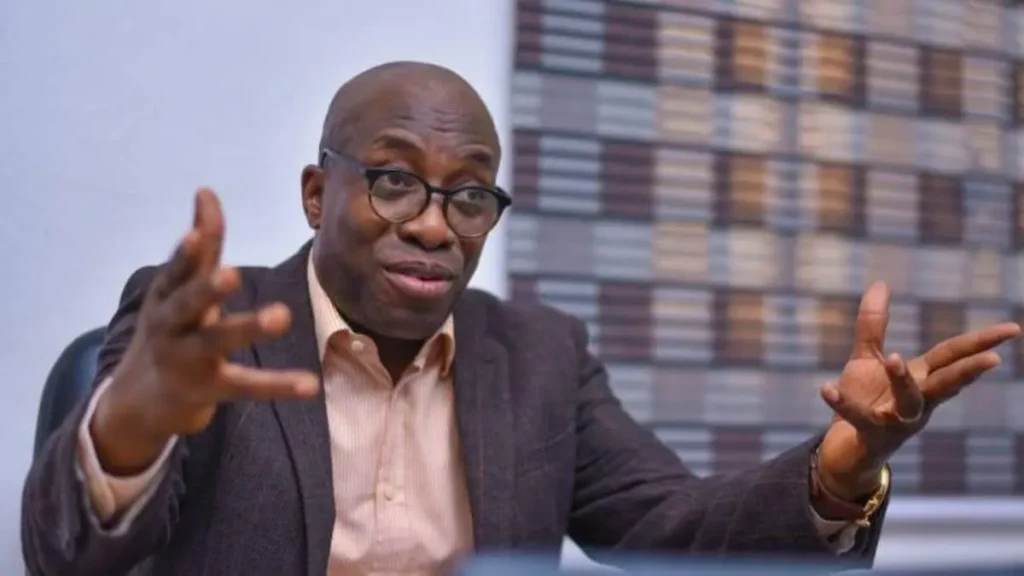From Laide Raheem, Abeokuta
The Convener of The Alternative, Segun Showunmi has disclosed practical steps Nigeria as a true democratic nation can take to curb frequent defections by politicians he tagged as “political tourists”.
According to him, Nigeria must carry out “sweeping constitutional amendments” to strengthen political parties in order to curb the frequent defections by politicians, a situation that has destabilised the country’s democratic system.
Showunmi, who gave this position in a policy paper entitled “Strengthening Political Parties as Pillars of Democracy”, recommended that anyone seeking elective office must have been a registered member of a political party for at least four years before an election.
The former Atiku Abubakar Presidential Campaign Council spokesperson noted that entrenched amendments to sections 65(2)(b), 106(d), 131(c), and 177(c) of the 1999 Constitution, would end the political malaise and ensure that politicians are driven by party ideology rather than personal ambition.
He emphasized that Nigeria must replace personality-driven politics with party-based governance, as this will make candidates accountable to their parties’ manifestos and prevent opportunistic defections that erode public trust.
The Alternative Movement Convener added that “automatic loss of office for any elected official who defects from the party that sponsored their election, alongside a ban on contesting for another seat under a different party for one electoral cycle will suffice”.
“Under the plan, political parties would be required to clearly state their ideological principles in their constitutions, adopt transparent candidate selection processes, and publish annual audited financial reports to curb the influence of political godfathers.
“The policy further tasks the Independent National Electoral Commission (INEC) with verifying the duration of party membership through a central biometric register and disqualifying candidates who fail to meet the requirements”, he observed.
According to him, the initiative was aimed at shifting Nigeria from “strongman democracy” to a system anchored on strong and credible political institutions.
He, however, expressed optimism that the policy, if adopted, would ensure reforms including reduced electoral violence, ideological clarity for voters, improved accountability, and stability in governance.
“This is not about individuals; it is about building a political culture where parties, not personalities, drive our national development,” Showunmi submitted.


